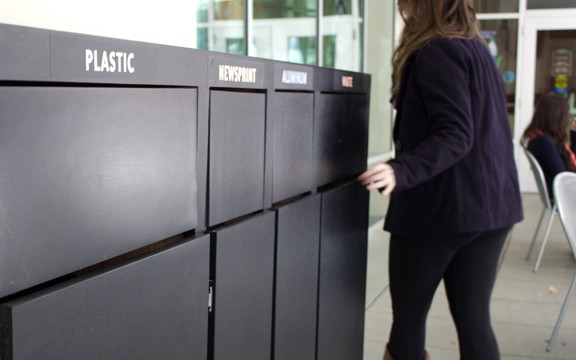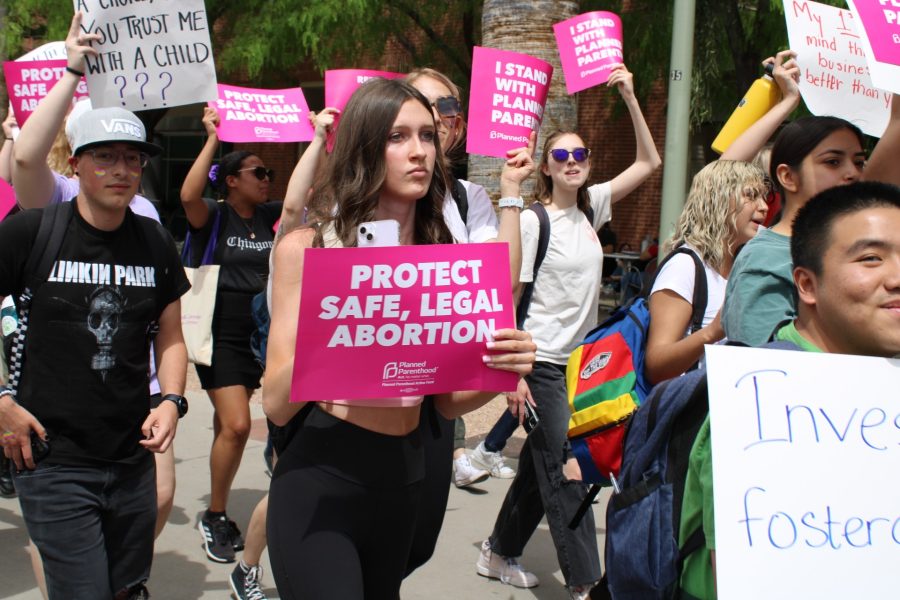A new UA website will help bring awareness to energy consumption in the dorms.
EcoPower, which was launched last Friday, is an interactive website that allows students to measure the average amount of energy they use in their dorms.
The website was set up by the UA’s Residence Life Sustainability Program as part of its campaign for a greener campus. Funding for the page came from the UA Green Fund, which allocates an estimated $400,000 a year to projects on campus through its annual grants and mini-grants programs.
“I’m personally really excited about the website,” said Natalie Lucas, director of UA Students for Sustainability and an environmental science and philosophy, politics, economics, and law senior. “It’s really cool because it’s really interactive and I think it can be a really effective site for people to see how much energy their everyday actions take up.”
The site gives an interactive view of a standard dorm room or office and allows the user to explore the room, clicking on different electronics to learn how much energy they use and how much money it costs the university.
Users can adjust the amount different appliances are used, including overhead lights, hair dryers, music players, laptops, televisions and many other items, to fit their personal energy consumption habits.
The page then adds up the total cost of the user’s energy use to show if they use more or less energy than the average person. The results also tell the user the specific amount of energy they use per month, the monthly cost and the top three items they have that use the most energy. Students can then share their results on Facebook.
“I think I would attempt it and see what questions it asked me,” said Chelsea Wernik, a communication freshman who lives in the dorms. “I personally know I’m guilty of leaving my lights on and honestly anything to try and help that issue would work.”
EcoPower also shows students how much energy their residence hall is using and the amount of energy the entire university is using.
Along with raising awareness about the amount of energy each student uses in the dorms, the website also offers tips on how to reduce energy consumption, for example, by turning lights off when leaving and using a laptop rather than a desktop computer.
“I think these kinds of technologies really become effective when you have them integrated into programming that engages students,” said Joseph Abraham, director of sustainability for Residence Life. “You build this tool and then you start incorporating it into the program that’s already developed.”
This website is just one of many tools that UA Residence Life is using to encourage students to practice sustainability.
The university’s EcoReps are students who promote green practices throughout the year in Residence Life by creating recycling and energy consumption competitions between the dorms. These competitions give prizes to the dorm that recycles the most or uses the least amount of energy during the specified time. Recycle Mania, one of these competitions, is occurring right now.
At least one EcoRep lives in each dorm on campus, and they will all help promote the use of the new website. Residence Life is also looking to partner with some professors and departments to integrate the website into classroom curricula and homework assignments.
“It saves the university money as well as helps protect the environment, and those are two really, really important things,” Lucas said, “and so I think the ultimate goal is to get students to think how their behavior affects those two factors and then also how we can limit those as much as possible.”









